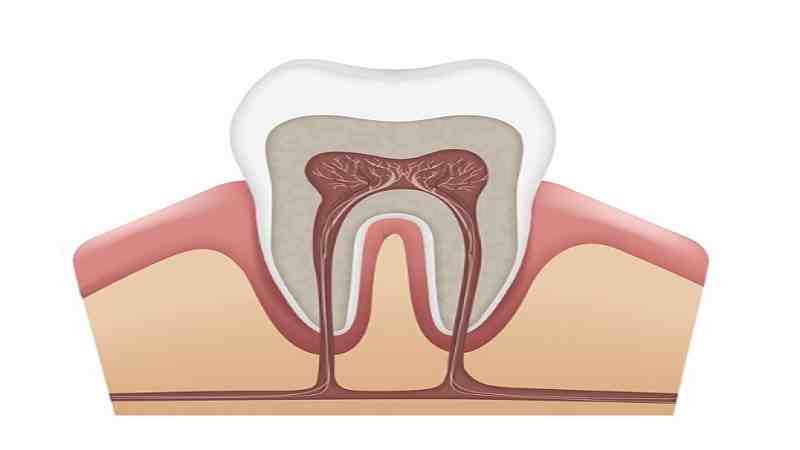A dentist can help you maintain optimum tooth functionality through various advanced treatment processes. Root canal therapy is a complex technique for restoring damaged teeth and eliminating long-term dental issues. Here are some things to know about root canals:
Nerve Damage Overview
Tooth nerve damage is a complex injury that might raise dental concerns requiring immediate intervention. Bacterial penetration weakens the tooth enamel, making it easier to attack the internal structures of the teeth. Neural tissue degeneration may occur through various mechanisms of deep necrosis, trauma, and multiple dental interventions. Understanding the signs of tooth nerve damage may help patients identify possible risks at every stage of the process, making them seek professional help earlier.
Symptom Recognition
Dental professionals should recognize specific symptoms that point to the potential necessity of a root canal potential necessity. Patients experiencing a persistent toothache can monitor newly developing symptoms for diagnostic confirmation. Pain sensitive to temperature appears spontaneously, and swelling may be associated with problems in the tooth pulp. Swelling or tenderness of the gums, darkening of the shade of teeth, and abnormal pressure sensations are other diagnostic signs. Professional evaluation helps in cases where several signs occur at once.
Diagnostic Precision
Modern dental diagnostics employ technological tools for comprehensive tooth assessment. Digital X-ray machines provide clear images of the internal structure of the tooth. Advanced scanning methods show more changes in various dental tissues at the cellular level. Dentists can make assessments to identify the most accurate treatment plans. Diagnostic investigations provide more detailed results to indicate other minor complications that may not appear under the different tests.
Treatment Protocol
Modern root canal treatments are done according to clinically proven protocols for internal tooth pathology. Dentists use advanced surgical tools in dental procedures to effectively and completely remove affected tissue. Proper cleaning removes bacterial debris from root canal systems, and filling materials help reconstruct dental structures using modern sealing methods. Dentists perform coordinated and multi-step procedures to remove the damaged tissue and prevent further infection to other teeth or gums.
Dental Preservation Techniques
Effective root canal treatment procedures promote long-lasting dental health through strategic preservation techniques. Functional dental crowns guard all the treated teeth from prospective cracks. Adherence to proper mouth hygiene helps to extend the durability of crowns and fillings and helps deter other bacterial reinfections. Regular professional check-ups establish and safeguard correct tooth functioning, allowing patients to get individualized treatment for maintaining dental health.
Healing and Recovery
Patients sometimes experience minimal discomfort during the rehabilitation periods after tooth procedures. Expert advice and recommendations from dentists may help to improve the recovery process and reduce possible complications, allowing for a faster recovery. Follow-up appointments will enable the dentist to review the progress of the therapy and address any potential complications.
Book Your Dentist Appointment Today
Root canal therapy can restore your dental wellness and protect future oral health. With the help of a professional dentist, discover various dental protection techniques and develop individual care plans. Regular visits let you control your oral health journey and prevent extreme complications in the future. Schedule a consultation appointment today for a healthier smile.





